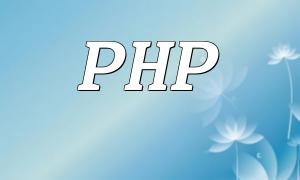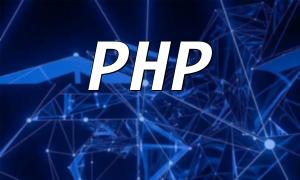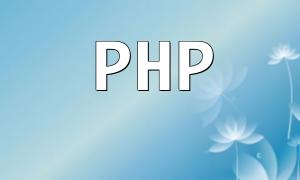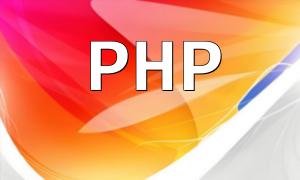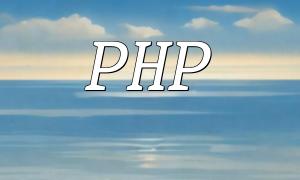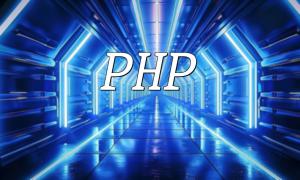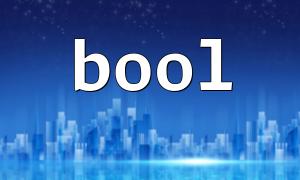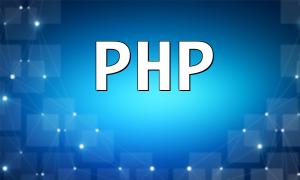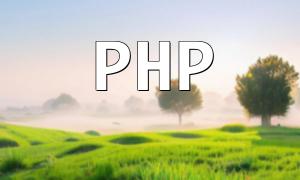PHP is a widely used server-side scripting language known for its excellent cross-platform capabilities, making it a popular choice for building applications that run on Windows, macOS, and Linux. To improve development efficiency and maintain consistent environments, developers often rely on various automation tools to streamline their workflows.
Composer: A dependency manager for PHP projects that automates the installation and updating of libraries, eliminating the hassle and errors of manual handling.
Docker: A containerization platform that packages applications along with their environments to ensure consistent execution across different operating systems.
Vagrant: A tool for managing virtual machine environments, enabling quick and standardized setup and configuration of development environments.
Here is a simple PHP “Hello, world!” example illustrating how these tools simplify cross-platform development automation:
<span class="fun">echo "Hello, world!";</span>
Use Composer to automatically install required dependencies:
<span class="fun">composer install</span>
Define a Dockerfile to specify the runtime environment:
FROM php:8.1-apache
COPY . /var/www/html
RUN composer install
Then build and run the Docker image:
docker build . -t hello-world
docker run -p 80:80 hello-world
Create a Vagrantfile to quickly set up the development environment:
Vagrant.configure("2") do |config|
config.vm.box = "ubuntu/xenial64"
config.vm.provision "shell", inline: "sudo apt-get update"
config.vm.install "php", "composer", "apache2"
end
Start the virtual machine and enter the environment:
vagrant up
vagrant ssh
composer install
By effectively using Composer, Docker, and Vagrant, developers can automate dependency management, environment setup, and application maintenance for PHP projects, greatly enhancing development efficiency and ensuring consistency and stability across platforms.
